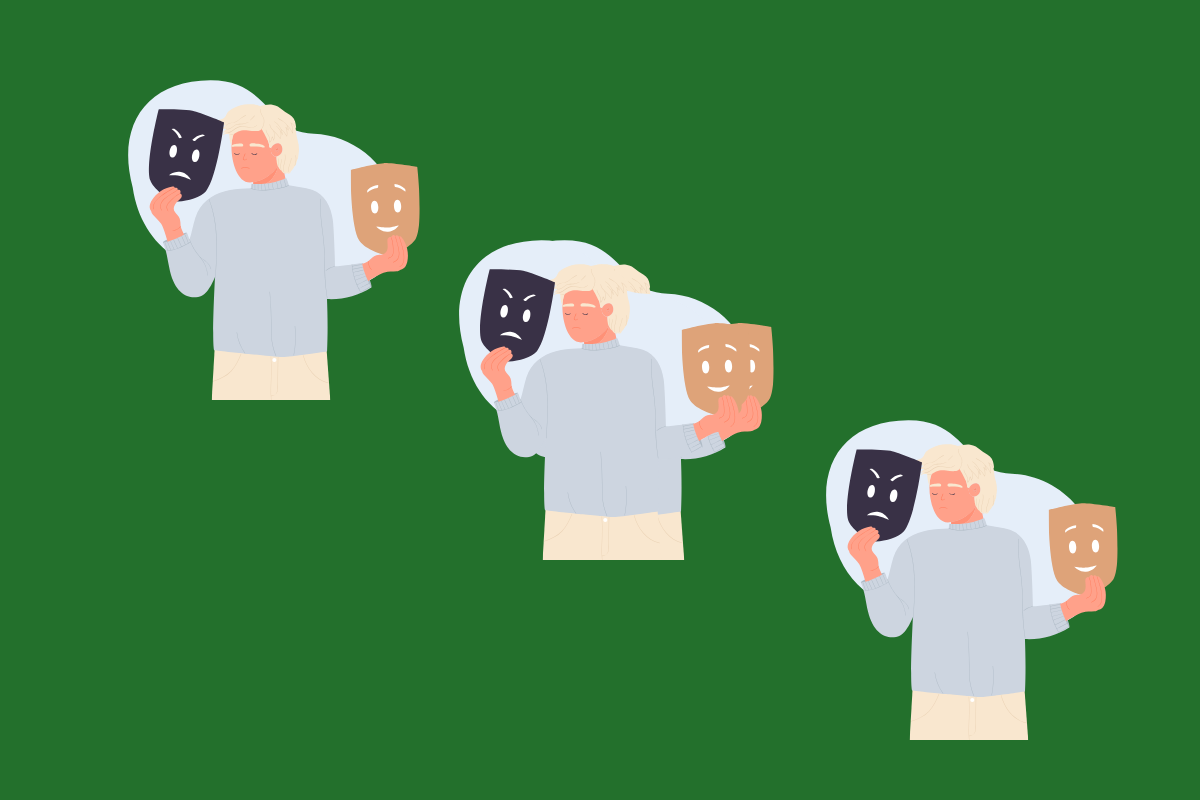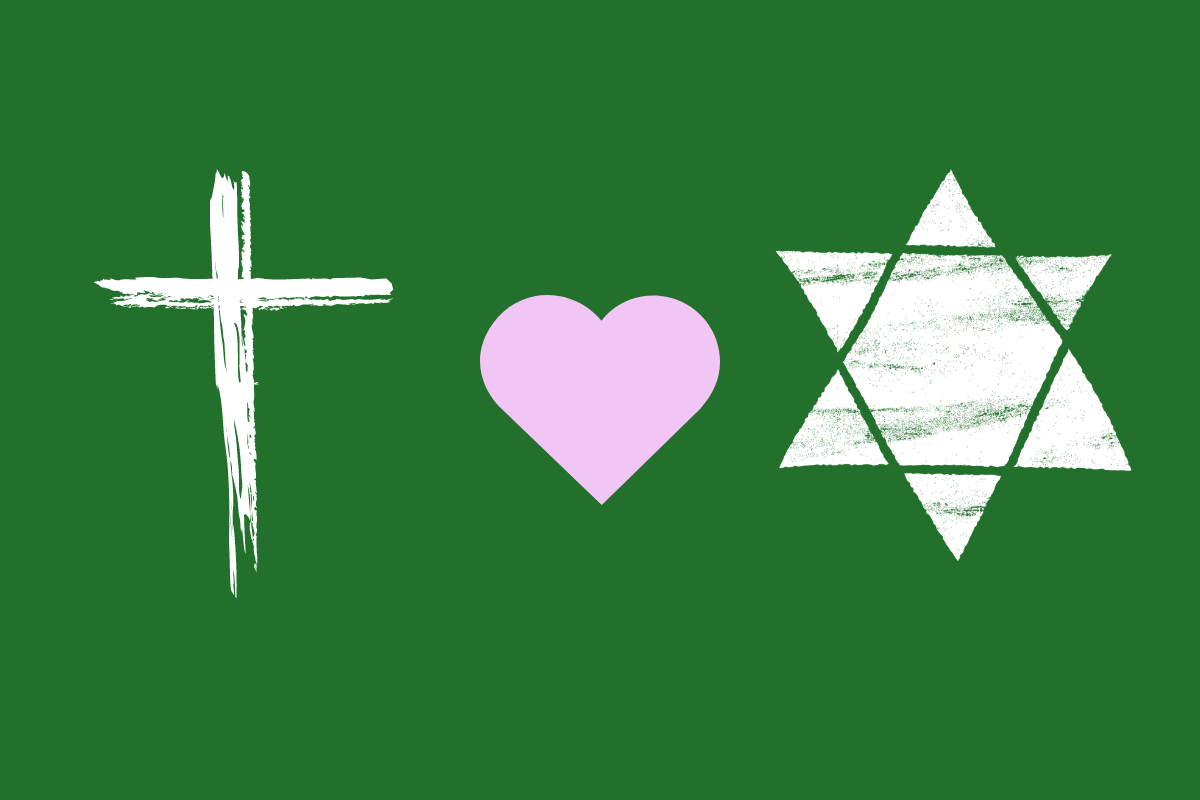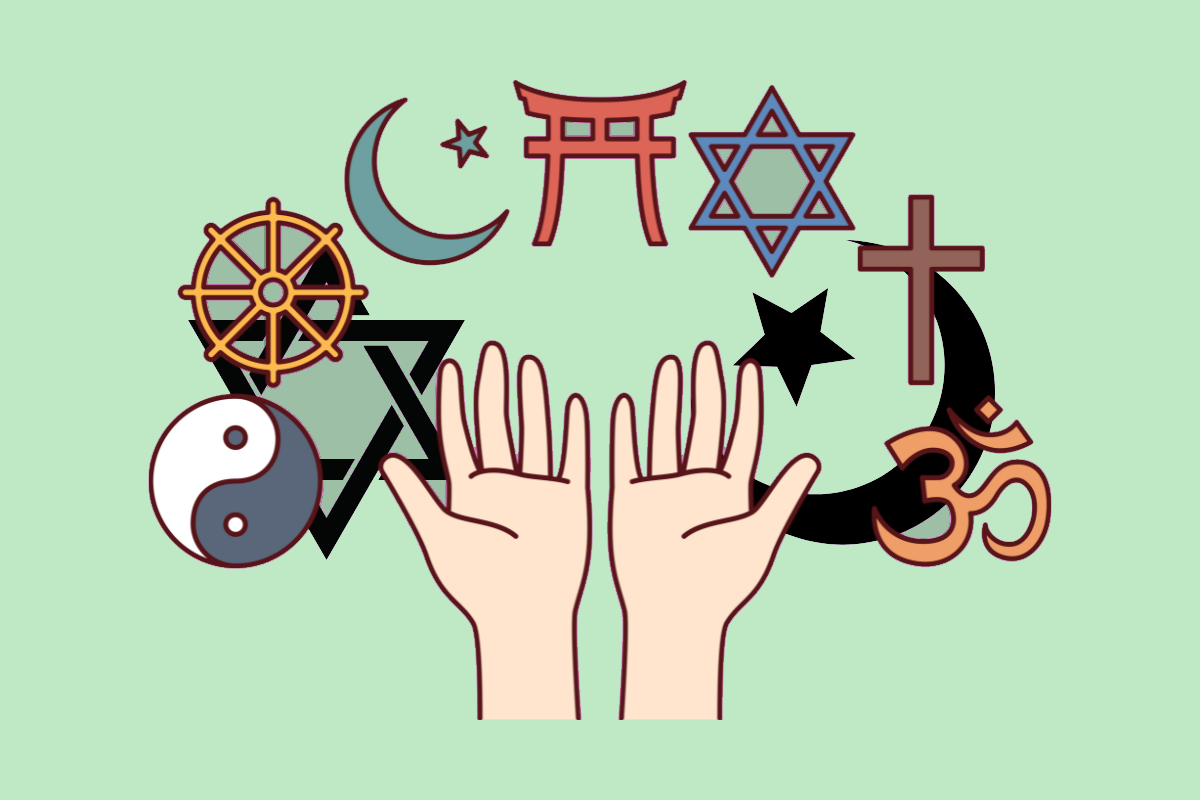Published: 25 August 2023
Last updated: 5 March 2024
SANDRA TATZ explains why her own upbringing and the work of her late husband COLIN TATZ compels a yes vote in the upcoming referendum.
I was born in Bloemfontein, South Africa, at the outbreak of World War II. It was a city divided by pro and anti-Allied supporters, echoing the long-standing divisions between Afrikaner and Anglo descendants. Jews in that city were quiet, discreet, and cautious. We were always ‘other’, subject to legal differentiation – such as quotas at universities. However, we were tolerated as White.
In Bloemfontein and in Johannesburg, where my family lived for 12 years, we learned a lot about acts of violence committed against Jews. We experienced what it was to be racially vilified. Trained Jewish youth protected those walking to and from shule on shabbat. Once the South African population register became mandatory in 1950, there were specific numbers that identified Jews. The government of the day controlled whether or not money could be sent to Israel in its need. We were a special people requiring special legislation.
The reason I mention this part of my early life is to ask you to re-focus present-day Australia with that brief portrait in mind. There is such an obvious parallel between the experiential history of Jews in South Africa with the situation of Aborigines and Torres Strait Islanders. They, too, have always lived under special laws, rules and regulations and their movements have been controlled. While vast sums of money have been invested in various schemes to improve their lot, they have never been consulted as to what might be the best approaches so that the money would not wasted.
This piece is not to try and convince you to vote Yes in the referendum, but to cast your vote in an informed way.
Our lives will not be altered in any way but we may well carry our heads a little higher
There is a misconception that Aborigines have or will receive special privileges. Aborigines have never, ever, received more than any other group in the community. Whatever they have been granted has been in an attempt to compensate for what was taken away or denied. That included losing their homelands; their languages; their forced removal to closed settlements of the government's choosing. Missions under various Christian creeds forced groups together that should never have met, introducing diseases that are nowhere documented in their history. Alcohol and drugs were introduced, whites preyed on them and took their government handouts. Their children were stolen and taken to institutions to be raised as domestics and labourers. Their children were incarcerated at an unforgiveable rate, without any assistance during their time in prison. And their life expectancy was far lower than for non-Aborigines. Although a considerable number fought with Australian forces in the WII, they were not accorded anything on their return.
From early 1961 until his death towards the end of 2019, my husband, Colin Tatz, spent a great deal of time in places where Aborigines lived. He talked with them, taught them both informally and in schools and universities, worked with administrators and health professionals. He researched as much as he could so as to bring attention to their plight while they had no spokespeople of their own. For six years, primarily under a Liberal government, he supervised in situ the effects of uranium mining on the community of Oenpelli in Kakadu National Park. Especially through that project he met with intelligent, informed and very sympathetic medical people, anthropologists, linguists, sociologists, architects, engineers, botanists, and so on. A few of the mining officials and administrators were willing to listen and to become better informed about the people on the receiving end of the food chain associated with overflowing wastewater from the mines. A great deal of information was gathered.
Near the end of his life, he was anxious to complete what I consider his finest piece (out of 26 books) explaining the Aboriginal situation: called Australia’s Unthinkable Genocide. Unlike in South Africa, where there was never any genocidal intent on the part of Whites (who wanted Blacks for their skills and muscle), in Australia the story is quite the opposite.
All the South African Jews I know are either working for, or simply supporting, the Yes campaign.
The Voice will not affect a single one of us directly. It will be an act of respect allowing a downtrodden and disadvantaged people a chance to be heard about the issues that directly affect them, giving them a chance to try and determine their own lives. Nobody will lose their back yard to land rights claims as the law already limits that solely to inalienable crown land. The courts decide what cases to hear so they will not be queues with suits. And there will be no additional persons in any of the parliaments.
Our lives will not be altered in any way. But we may well carry our heads a little higher if we fulfil the Jewish injunction of tikkun olam (repairing the world).
RELATED STORY
Australian Progressive Jews speak out for the Voice (UPJ, Netzer, ARC)
Illustration: Avi Katz




